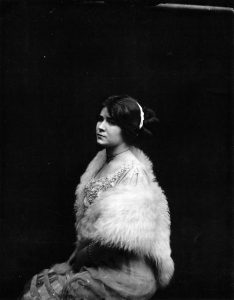From the very beginning of the book, this collection of poetry was tackling complex emotions. A woman, who feels like she is in a cage sometimes. Her clients do not want a personal relationship with her. They want her to not speak but just deliver. But this black woman with light skin also feels validated when those very same clients want to look at her and please themselves. She feels her impacts. She feels a weird sense of comfort in being the beauty they need to be content. Ophelia feels like a sex prop, men need to use. Yet somehow, she does not let go of her ability to evaluate her feelings. She understands that her identity is being challenged. She realizes that who she is now, is not who she actually is. But it begs the question – who is she really? Because this is the life she has forever lived. Who is Ophelia, if not a living statue, an object of art who performs her tableau vivant every night, and fades into someone she is not over and over again?

The book itself is not about Ophelia, for the book is also treating Ophelia as Bellocq’s, and not just Ophelia. Her identity is through, yet again, another man. There is no Ophelia. Especially when she is in Bellocq’s frames. She is another prop. She is Bellocq’s prop. In the frame and outside the frame, the essence of Ophelia is nonexistent. In the frame, she is still an object of art, a living statue. She is still like a contortionist, who aches at night. Maybe being used as Bellocq’s prop is different than someone else’s. But she feels stuck as if she is taking up borrowed space. She is trying to please Bellocq. And as she steps out of the frame, she goes back to clutching on to what she thinks is her identity – the Ophelia who has only seen life through other men; the Ophelia, who aches every night. She is “stepping out of the frame, wide-eyed, into her life”. Her life is this pain, that will just get harder with time.